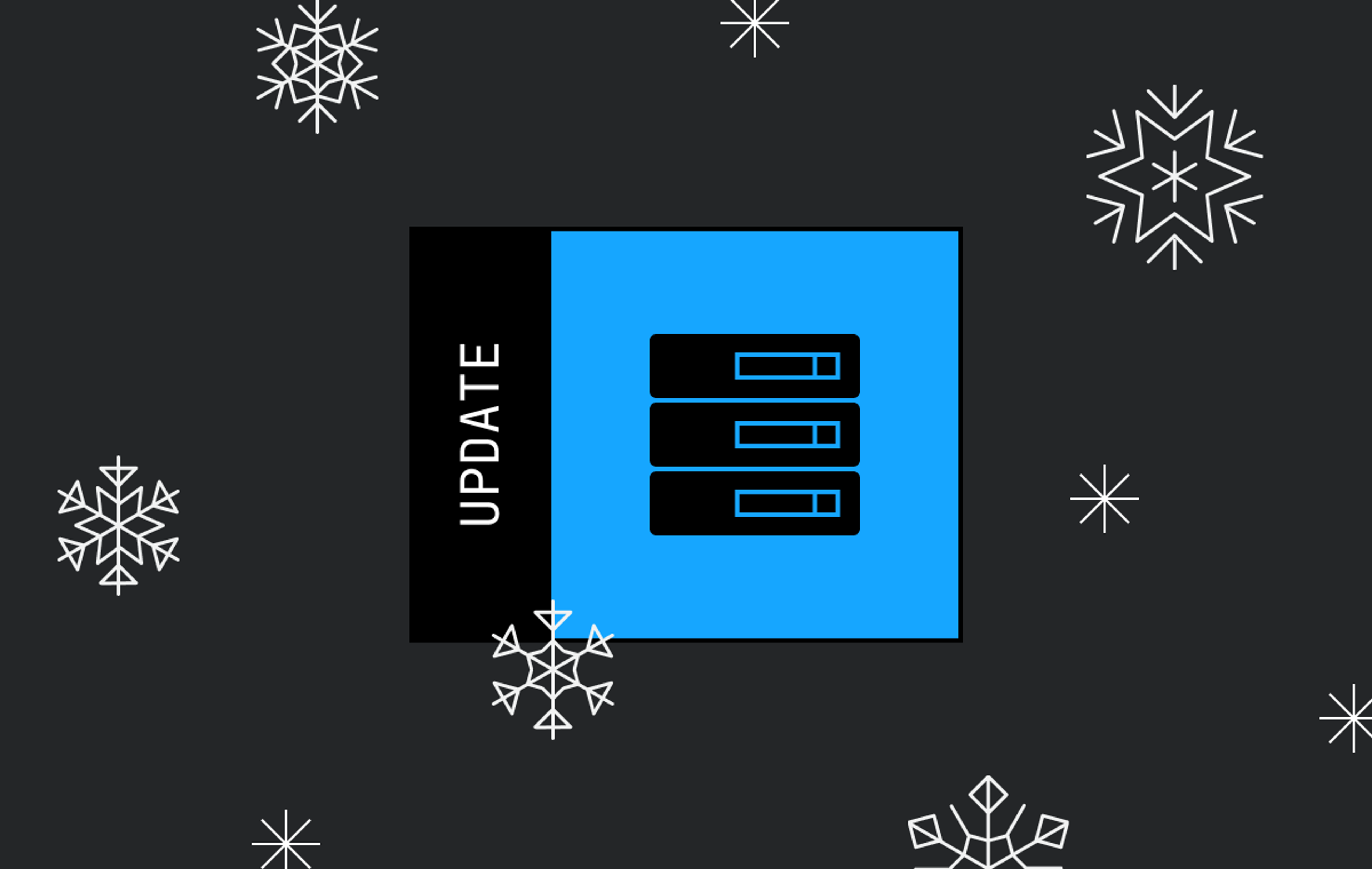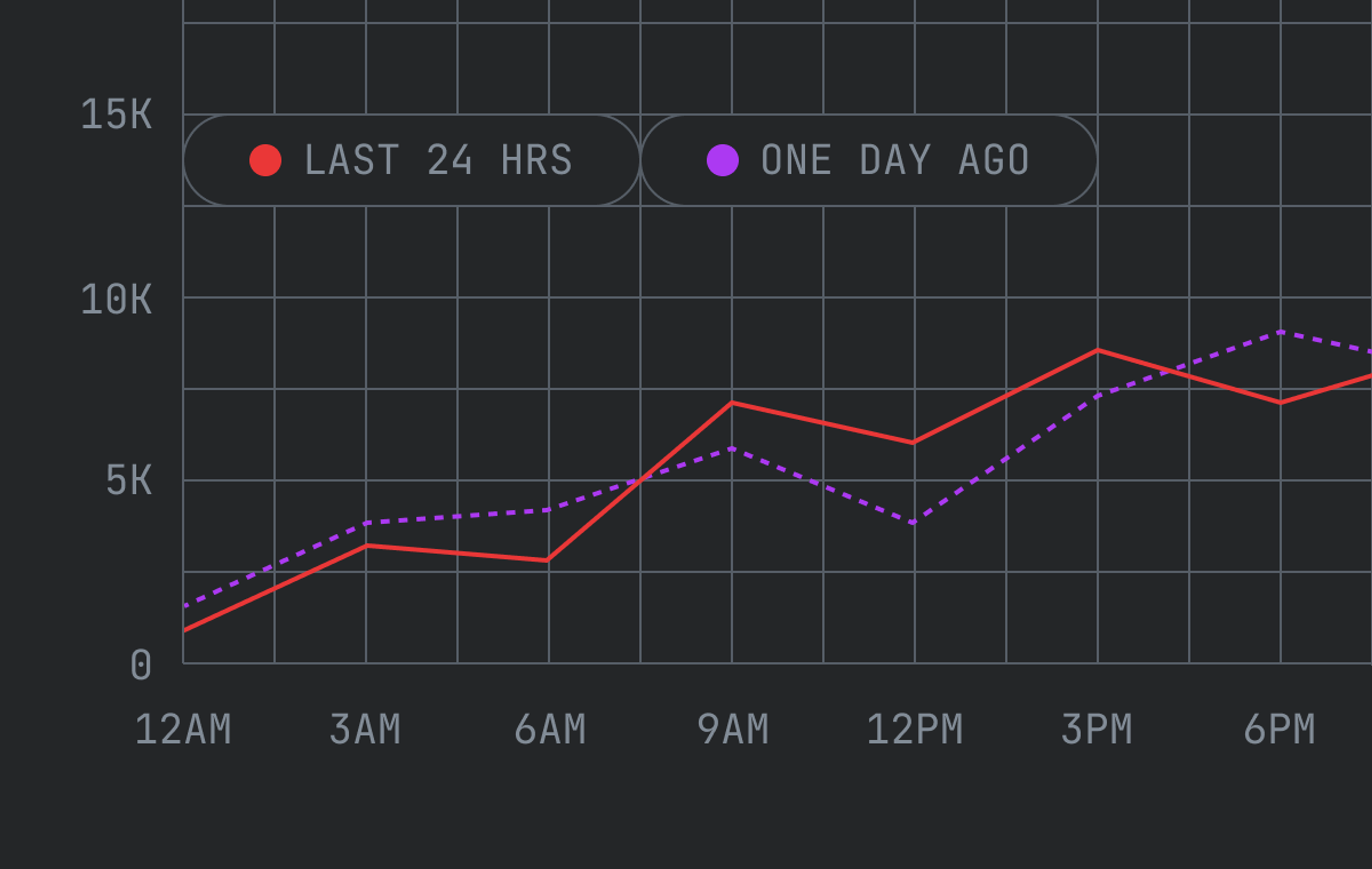I started an a cappella group in college with no prior singing experience.
It was a bit of a whim, born from road trips to my college roommate’s hometown of Blackwell, Oklahoma. Back in the CD era, I’d whip out my two disc Billy Joel’s Greatest Hits compilation. When we got to his doo-woppy “For The Longest Time”, we realized we could harmonize pretty well. With college-age ambition and naivety, we recruited a few other members of our fraternity known to not shy away from a karaoke opportunity. A couple months later, we won the university’s Spring singing competition, beginning a few years run of performing national anthems and holiday shows — reaching true celebrity status on campus and beyond.
A decade later, when I was looking to jump back into performing music, I found an a cappella group seeking a new baritone. With casual excitement and very little preparation, I cruised into my audition and did my best to deliver a resonant verse/chorus of Josh Turner’s “Long Black Train”, and a smooth sight reading of Zero 7’s “In the Waiting Line”. I sauntered out with all the confidence of someone who had nailed it, ready to get the congratulatory outreach informing me of how much they liked my performance and when I should show up for the next rehearsal.
Instead, I got a blunt, one line email that said “Thank you for auditioning, but we did not select you.”
Or as I roughly interpreted, “You failed.”
Failures strike a chord
I felt pretty bummed about failing to make the group. Naturally, I wanted to know more. What were the reasons? Could I have paid more attention to intonation and blending, and less to stage presence?
Similar to my rejection notification, Mux Data’s error handling and reporting has always had a rather matter-of-fact style. All playback errors that occurred were assumed to be a fatal, technical failure of a playback session. Easy, right?
But the easy way isn’t always the best way. Not all errors are caused by technical failures, like a CDN outage or ISP connection issue; some are caused by business restrictions, like a video title being unavailable to a particular user based on their geographic region or subscription service level.
A minor problem
There are two problems with categorizing all of these errors as fatal - a lot of noise in the amount of error reporting, and some funky metrics which are artificially inflated.
While technical errors might have urgency and require teams to hunt down problems that compromise viewer experience, business restriction errors are typically less urgent. Operational teams have plenty going on without having to respond to alerts that don’t impact their workflows or need any kind of immediate response.
And those business restriction errors end up artificially inflating some metrics, particularly surrounding video playback failures.
A major improvement
With Mux’s new error categorization feature, we give you a way to assign specific settings to an error code right from the Mux Data dashboard.
For any environment, you can pre-select error codes you’ve already seen reported, or add a new one. A simple toggle will allow you to classify the error as a business exception. You’ll see this broken out in reporting when looking at your list of errors. You’ll also see it reflected in your metrics — only errors not marked with a business exception are included in playback failures and start metrics.
You can also limit alerting with the non-fatal warning toggle. Enabling this excludes the alert from notifications, keeping your technical operations teams focused on the problems that need immediate fixing.
Once the categorizations are set, you’ll be able to filter those errors within the metrics dashboard and isolate views that fall into these categories.
Take a look at our docs to learn more about utilizing error categorization.
Make your failures sing
Having the flexibility to configure errors empowers you to reach the goals of more focused operational work and more reliable metrics to find and diagnose technical problems.
Error categorization is now available for all Mux Data customers. Start using this today from the errors section of the Mux Data dashboard. It may just change your tune on what failure means to you.



